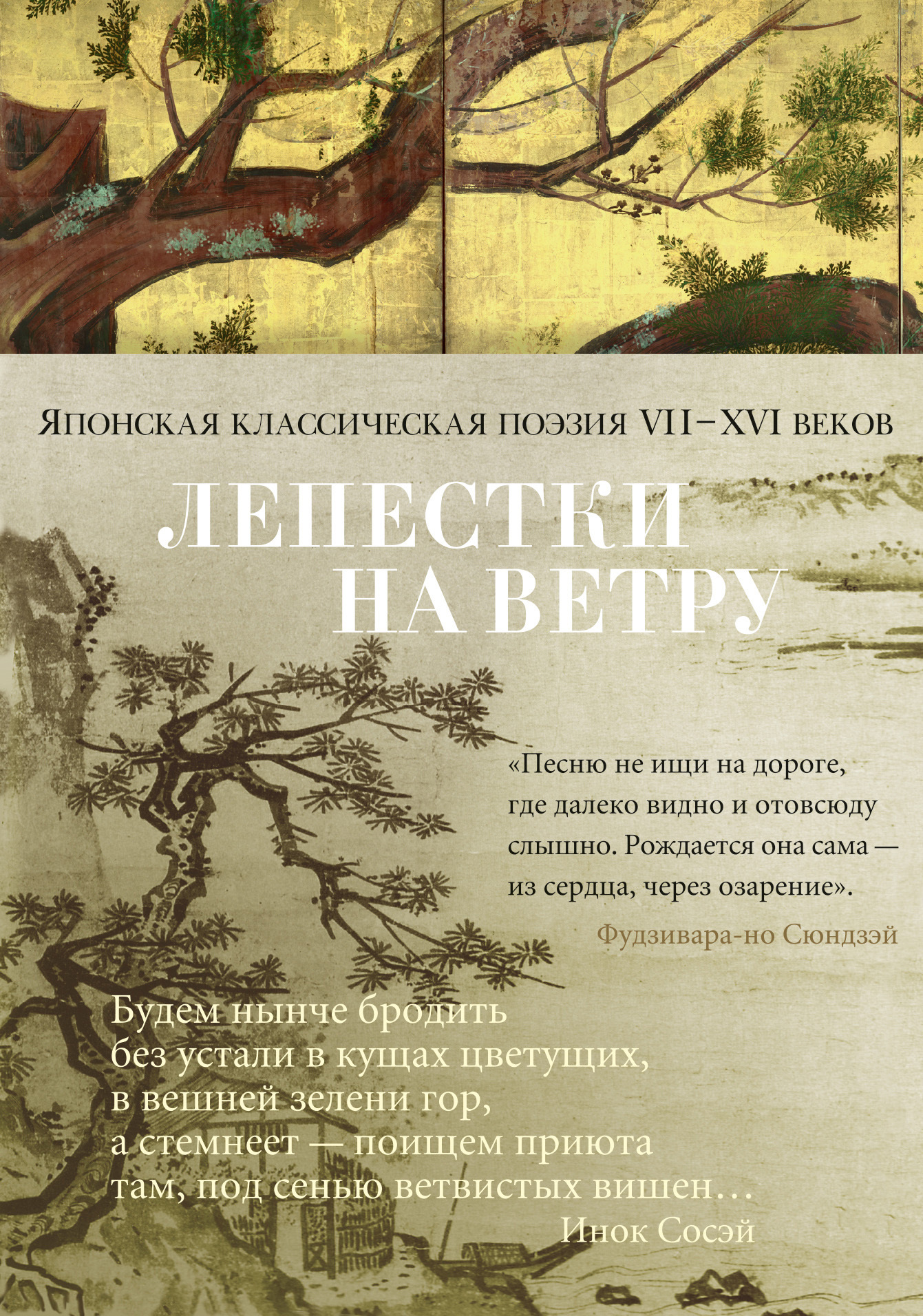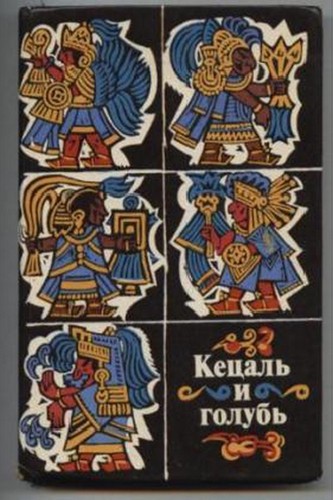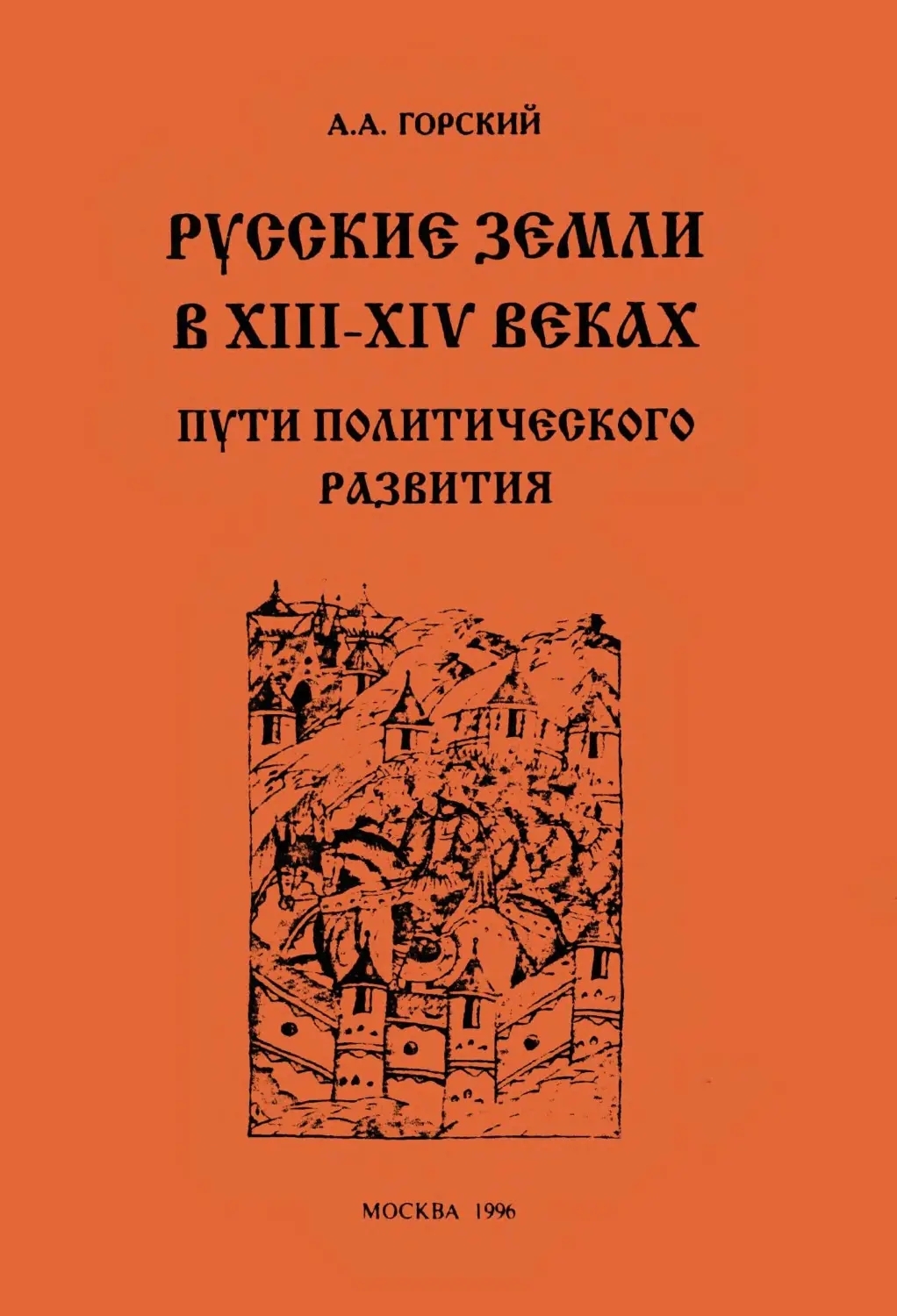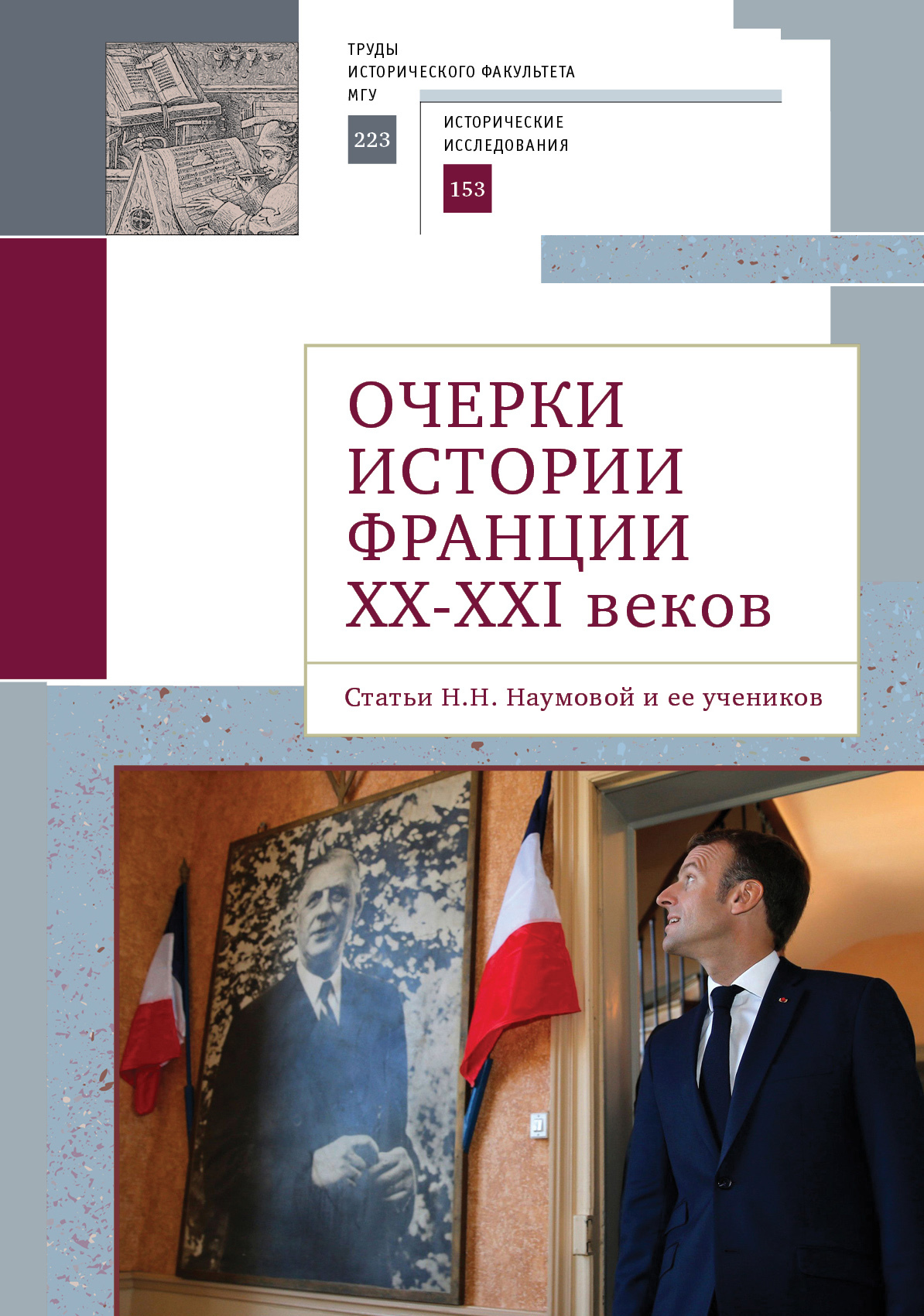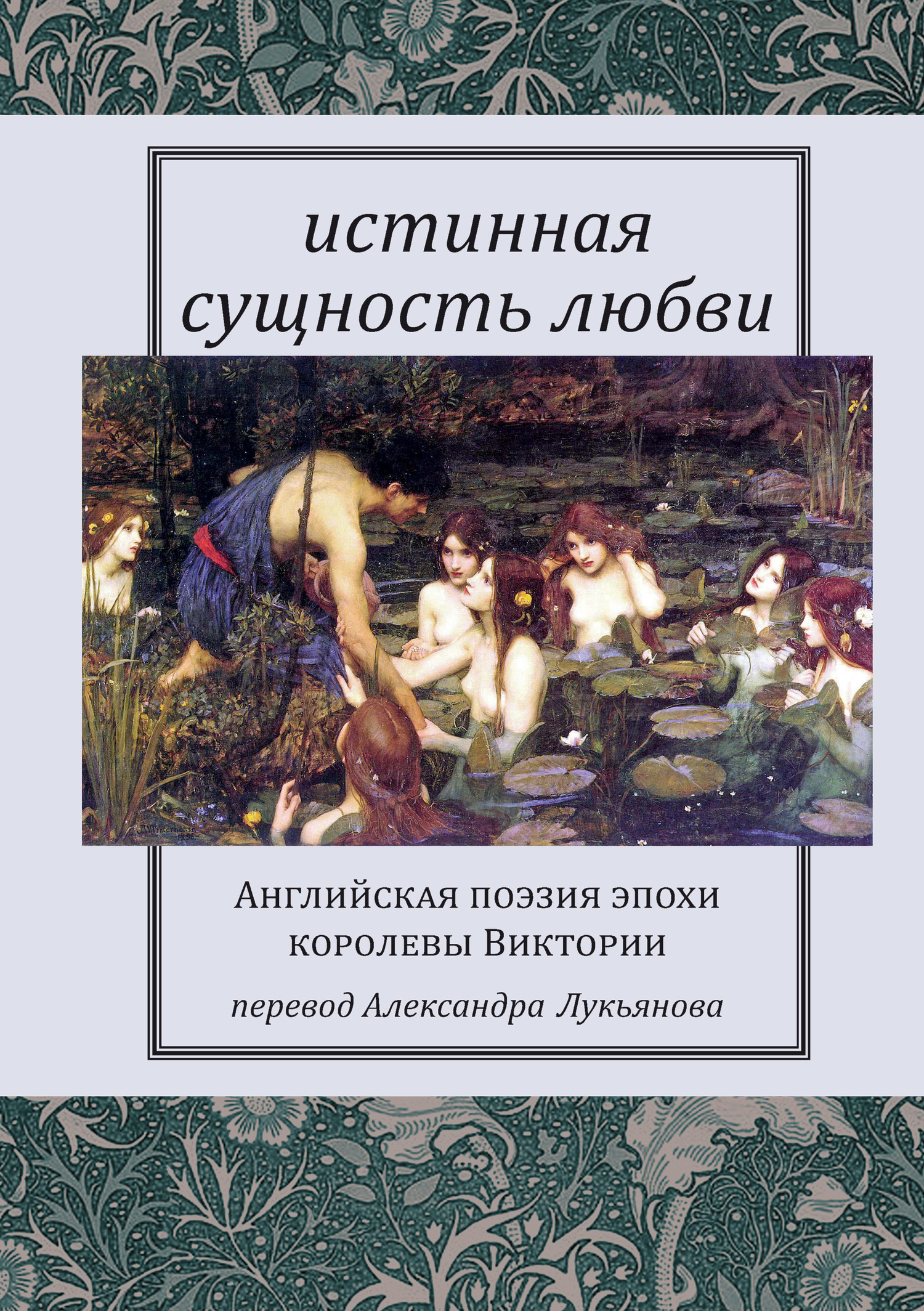Книга Английская поэзия XIV–XX веков в современных русских переводах - Антология
На нашем литературном портале можно бесплатно читать книгу Английская поэзия XIV–XX веков в современных русских переводах - Антология полная версия. Жанр: Книги / Разная литература. Онлайн библиотека дает возможность прочитать весь текст произведения на мобильном телефоне или десктопе даже без регистрации и СМС подтверждения на нашем сайте онлайн книг knizki.com.
Шрифт:
-
+
Интервал:
-
+
Закладка:
Сделать
Перейти на страницу:
Перейти на страницу:
Внимание!
Сайт сохраняет куки вашего браузера. Вы сможете в любой момент сделать закладку и продолжить прочтение книги «Английская поэзия XIV–XX веков в современных русских переводах - Антология», после закрытия браузера.
Книги схожие с книгой «Английская поэзия XIV–XX веков в современных русских переводах - Антология» от автора - Антология:
Комментарии и отзывы (0) к книге "Английская поэзия XIV–XX веков в современных русских переводах - Антология"




















